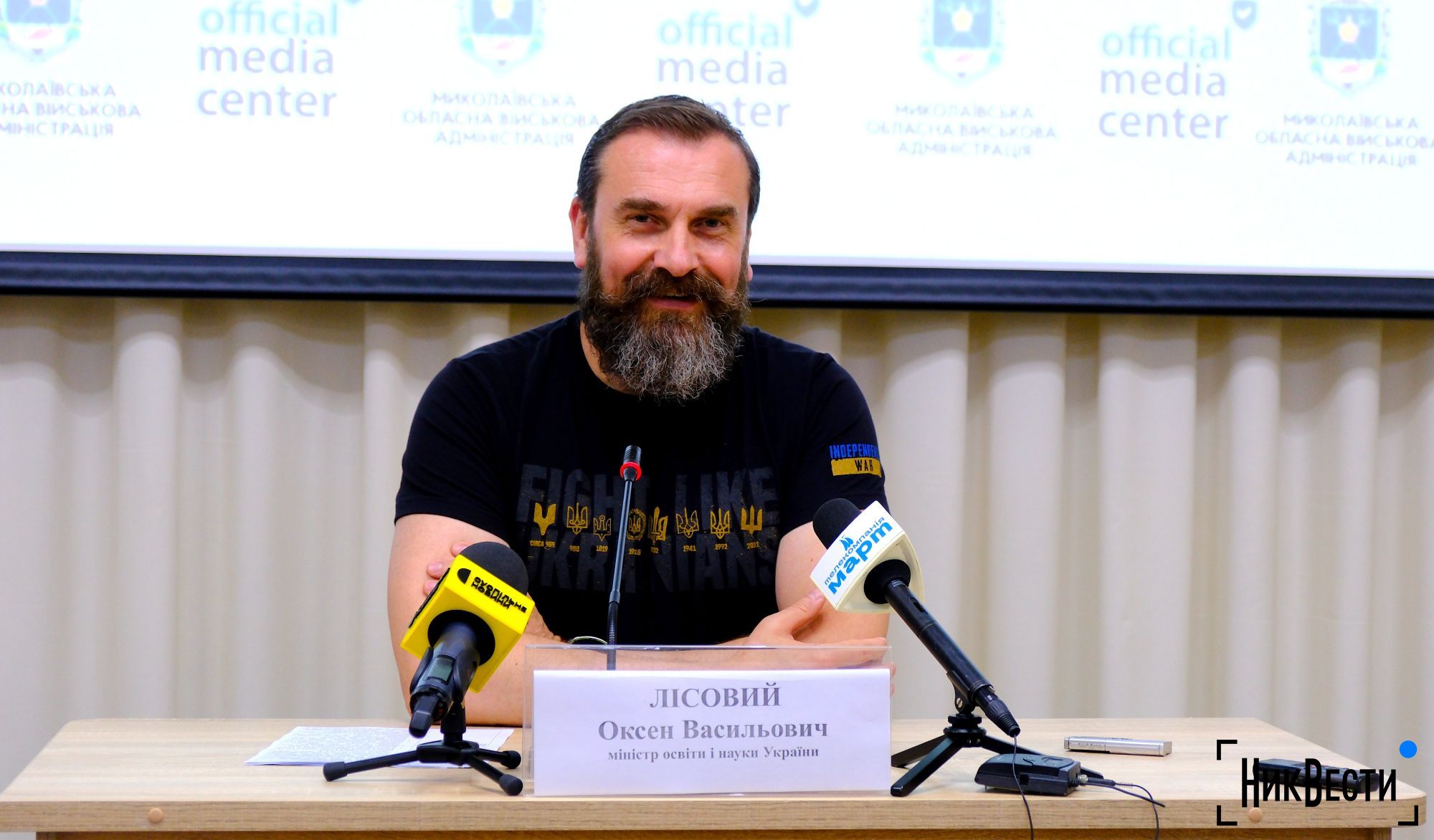Ukrainian schoolchildren fall behind educational programs by almost 2.5 years due to the distance learning
- Olena Kozubovska
-
•
-
11:12, 02 August, 2024
Long-term online education did not pass without a trace for Ukrainian schoolchildren. Today, students lag behind educational programs by 1.5-2.5 years.
Such figures were announced by the Minister of Education and Science of Ukraine Oksen Lisovyi during a briefing in Mykolaiv, NikVesti writes.
«Today, we estimate educational losses according to all educational studies. In particular, the PISA international study conducted by the Organization for Economic Cooperation and Development is authoritative. The study states academic losses at the level of 1.5-2.5 years behind educational programs,» the minister said.
In addition, according to his words, according to the research data, in addition to academic losses, Ukrainian education during the period of distance learning suffered significant psycho-emotional losses among schoolchildren.
«Today we have the same phenomenon of losses in psycho-emotional and psycho-social development. And this is what, in fact, ensures the success of a young person, life. We have losses even in the matter of health. Children who have been in online education for a long time do not have the appropriate annual activity,» noted Oksen Lisovyi.
Where in the Mykolaiv Oblast is there a full-time education?
In the Mykolaiv region, 57 educational institutions were allowed to work offline in the 2023-2024 academic year. Most of them are schools of Voznesenskyi and Pervomaiskyi districts. In addition, 94 schools work mixed, that is, children study offline in a certain sequence, for example, one week after another. Another 277 educational institutions work online.
It was also possible to organize an offline educational process in front-line Ochakiv, which is still in the zone of damage by enemy anti-aircraft missiles. There is a mixed form of education.
We would like to remind you that in the territory of the Mykolaiv district, from the beginning of the new 2024-2025 academic year, they want to start face-to-face education in about 80% of schools.
